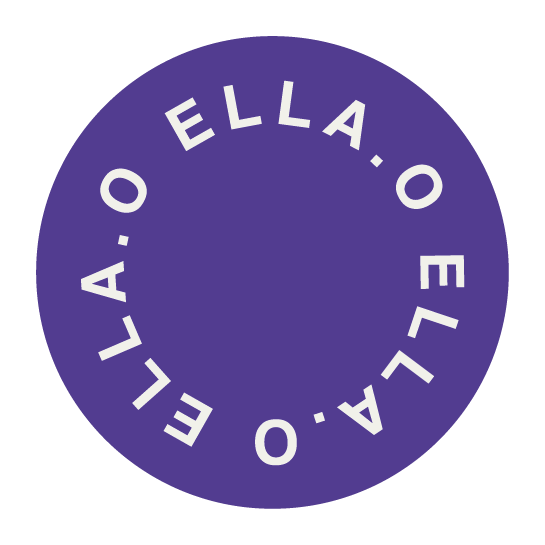I was and am biologically predisposed at birth to be an outlier on account of the physical and psychological attributes gifted in through my DNA:
Outlier noun (i) a person or thing situated away or detached from the main body or system. (ii) a person or thing differing from all other members of a particular group or set.
Born to an outlier couple, individuals who skirted the norms of their respective societies in all ways. My father, a political rebel exiled from his country of birth for forcibly standing against the oppression of the Apartheid regime and generally causing a raucous for the government of the time. And my mother who skipped off a PHD at Stanford University to pursue voluntary services overseas in Nigeria leaving behind a family who generally held little tolerance for people of colour. My parents were never destined to be your average Joes. The chances for me to conform were, therefore, slim to zero…
It is only recently that I have understood how unusual my life circumstances have been. From childhood experiences where having a phone tap (until the end of the apartheid government), attending weekly political demonstrations and meetings of political party leaders in my home was a regular week in my life. To quitting the UK on 1 week’s notice with daughters 5 years and 8 weeks old to set up a new life away from their then violent (now deceased) father, working full time whilst completing my studies and running businesses and also caring for extended family members. Doing this without a partner’s support (financial or otherwise). I muddled through life like this, all the while trying to figure out the pieces of me that didn’t feel good, the bits of me that stopped me showing up how I wanted to as a mother, friend and daughter. Trying to heal what felt like it no longer belonged in my body. I thought the way I did things was just normal, making the most of it and getting on with life - this was what everyone else was doing - right?.
Well no. It wasn’t until the world of social media where I saw story after story of women who were struggling under the weight of ‘solo parenting’ that I got how different most women’s exposure to and expectation of motherhood and the pressures of adult life was than mine. I saw how most people were finding ways to keep life moving without the desire to go within and change things, instead looking for a way to make the hard things disappear.
A favourite adage of mine (that I heard had a Danish origin which I can neither confirm nor deny) - ‘the thief thinks every man steals’. I believed that what was going on for me - was happening with everyone else…
What I do know is that we all have challenging and unusual aspects of our childhoods that impact who we are, how we see the world and the building blocks that create who we have to be in order to do life. Whether it’s the protections in order to survive the dysfunction that we experience and witness taking place in our families (even if we aren’t fully aware that it is there). Or the uniquely different family circumstances that lend themselves to causing life to stray so far away from what we have been led to believe is the ‘common’ 2.4 nuclear family experience. We all have challenges to face in our circumstances and in our own ways of understanding the world that make us different. We may express ourselves and how we see what we have been through in distinct ways, and yet in reality we are all connected in the human experience of it all.
One thing that I have learned from reclaiming those parts of me that have been lost in the mire of unpleasant experiences of my past is that the more that we as individuals can normalise the challenges we have faced in our experiences, the easier sharing experiences becomes.
The more that we can embrace the reality that human beings are a constant work in progress, both as individuals and as a collective knowing that will mean that we can always learn from our past and learn from where things have gone wrong with the desire to be better and do better, the less we have to deny. Hiding away from who we are and the parts of us we have a hard time understanding and figuring out will seem less and less necessary if we can all come together and admit these truths of being human. When we realise that there is power in being vulnerable, in owning the less enjoyable parts of ourselves and our pasts, then we can stop hiding away and running from what may be exposed. There is a sweet freedom in that. A sweet freedom in being fully embodied in our truth.
I will continue to stand on the fringes of mainstream society advocating for a world in which this is not the position of an outlier… ARE YOU WITH ME?
